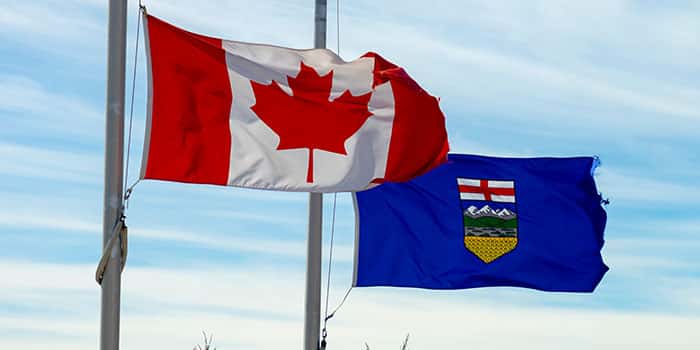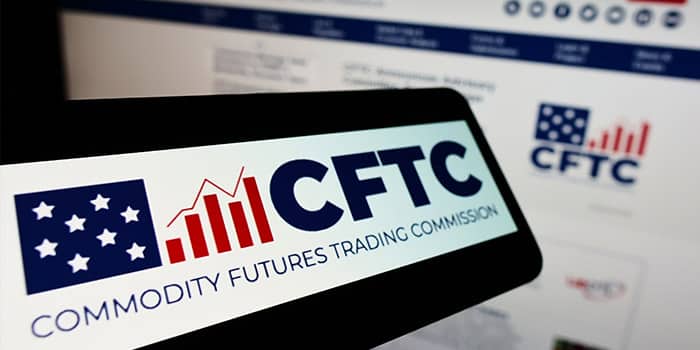- Casino
- By State
- Alabama
- Alaska
- Arizona
- Arkansas
- California
- Colorado
- Connecticut
- Delaware
- Georgia
- Florida
- Hawaii
- Idaho
- Illinois
- Indiana
- Iowa
- Kansas
- Kentucky
- Louisiana
- Maine
- Massachusetts
- Maryland
- Michigan
- Minnesota
- Mississippi
- Missouri
- Montana
- Nebraska
- Nevada
- New Hampshire
- New Jersey
- New Mexico
- New York
- North Carolina
- North Dakota
- Ohio
- Oklahoma
- Oregon
- Pennsylvania
- Rhode Island
- South Carolina
- South Dakota
- Tennessee
- Texas
- Utah
- Vermont
- Virginia
- Washington
- West Virginia
- Wisconsin
- Wyoming
- By State
- Slots
- Poker
- Sports
- Esports
Fact-checked by Stoyan Todorov
Report Questions the Sincerity of US Gaming’s Safer Gambling Efforts
The Campaign for Accountability emphasized that operators have actively lobbied against safer gambling recommendations

A new report by the Campaign for Accountability, seen by GamblingNews, has questioned whether US operators are truly trying to stop gambling harm. The report has critiqued the industry’s “two-faced effort to kill consumer protections,” slamming gaming firms’ opposition to restrictions on advertising and deposit limits.
Gambling Harm Can Be Very Dangerous
Every day people online share their negative experiences and struggles with online betting. Many of the stories people share involve addiction and sometimes even suicidal thoughts. According to addiction therapist Dr Harry Levant, the US is having a “public health emergency” that no one is talking about yet.
Levant himself is a former gambling addict who narrowly avoided taking his own life by thinking about his children and deciding to call for help shortly before committing suicide. He is now working to raise awareness of the dangers of excessive gaming and the proliferation of gambling.
Levant is joined by Gordon Douglas, a father whose son likewise almost killed himself. But while Levant and Douglas’ son gathered the strength to fight against the addiction, not every similar story has a happy ending. The family of a young man who committed suicide a year ago was horrified to find his phone filled to the brim with gambling ads and incentives to play.
Supporters of the Campaign for Accountability believe that the proliferation of ads and promotions is what makes gaming so dangerous.
Sports Betting Has Expanded and So Has Harm
Since the repeal of the PASPA in 2018, sports betting in the US has experienced unprecedented growth. Now dozens of states offer legal sportsbooks, allowing a huge portion of the adult American population to play. Nowadays, US bettors wager billions of dollars every year, with the handle for 2024 standing at $148 billion.
The sports betting market is primarily dominated by FanDuel and DraftKings, which collectively take 75% of all bets in the US. The regulated industry has long been promising a safer alternative to the riskier black market, which offers virtually no player protections. However, studies have shown that the same percentage of Americans have continued to play with offshore companies. This means that legal betting is effectively creating more bettors rather than channeling existing ones to regulated companies, the study suggested.
At the same time, calls to gambling addiction helplines have skyrocketed, suggesting an increase in gambling problems. Experts have pointed out that states with legal online sportsbooks are seeing more calls and safer gaming searches.
The National Council on Problem Gambling (NCPG) has previously pointed out that the higher number of calls can also attest to the increased visibility of support services. However, the NCPG acknowledged that the overall trends are worrying.
The NCPG is also concerned with broader efforts to stop harm, suggesting that states, on average, only enacted 32 out of 82 recommended policies to help reduce gambling addiction.
“The Industry Depends on Gambling Addicts”
While operators have claimed to be operating responsibly because of their safer gaming tools, analysts have argued that their fundamental business model relies on encouraging players to play. The Campaign for Accountability’s report went a little further and suggested that the industry “depends” on gambling addicts for a substantial portion of its revenue. This claim was seemingly backed by an earlier study in Connecticut, which suggested that 51% of the betting revenue in the state comes from only 4.9% of the adult population.
The study acknowledged that the biggest operators, such as FanDuel and DraftKings, have partnered with safer gaming entities. However, it also noted that their efforts often suggest that gambling education is sufficient to stop problem gambling, implying that consumer ignorance is the main driver of addiction. The Campaign for Accountability noted that these campaigns often shift the attention away from the sportsbooks.
To make matters worse, some campaigns have actively fought against safer gaming efforts in certain states.
Operators Have Lobbied Against Safer Gaming Efforts
The Campaign for Accountability emphasized that operators have actively lobbied against safer gambling recommendations, such as the restriction of gambling ads. It listed several noteworthy cases in which major operators, including DraftKings, FanDuel, Caesars, and Penn, among others, tried to block efforts to restrict gambling ads and promotions. Some of these efforts have been successful.
In the meantime, the NCPG suggested that some operators have wittingly created ads that would appeal to children. The exposure of younger people to harm has remained a hot topic in gaming, as researchers have argued that ads featuring celebrities can change the perceptions of impressionable youth.
To make matters worse, children are also being exposed to free-to-play gaming products, such as social casinos, which further normalize gambling among the American youth. Because of that, experts have argued that products such as DFS should be restricted to players above 21. However, operators have successfully lobbied to keep them 18+.
Experts also promoted a ban on the use of credit cards in gambling – another measure operators have opposed and lobbied against. Operators have likewise lobbied against mandatory breaks and loss limits, with mixed results.
Gambling companies have also tried to block changes to gaming promotions, again with mixed success.
Gaming Continues to Avoid Regulatory Scrutiny
In conclusion, the Campaign for Accountability said that the fight for safer gaming continues. Unfortunately, the NCPG’s latest reports suggest that lawmakers and operators are failing to shield consumers from harm.
A 2022 report from the New York Times critiqued gambling entities’ intense lobbying efforts, which have stuttered regulation.
However, there is still hope for safer gaming advocates as US Reps. recently proposed a SAFE Bet Act, that would issue nationwide regulations. While the Campaign for Accountability is certain that industry stakeholders will oppose it, it hopes that federal lawmakers will consider the measure.
Must Read
Industry
April 15, 2025
Brazil Weighs Stricter Rules on Gambling Advertising
More Articles





Esports
April 18, 2025
FIFA Blamed for Increase in Underage Gambling in UK

Casino
April 18, 2025
Florida HB Seeking to Upgrade Illegal Gambling Punishments

Legal
April 17, 2025
Appeal to Keep Evolution’s Accuser Anonymous Denied

Lottery
April 17, 2025
CTLC Says Its Members Didn’t Violate the Texas Law













